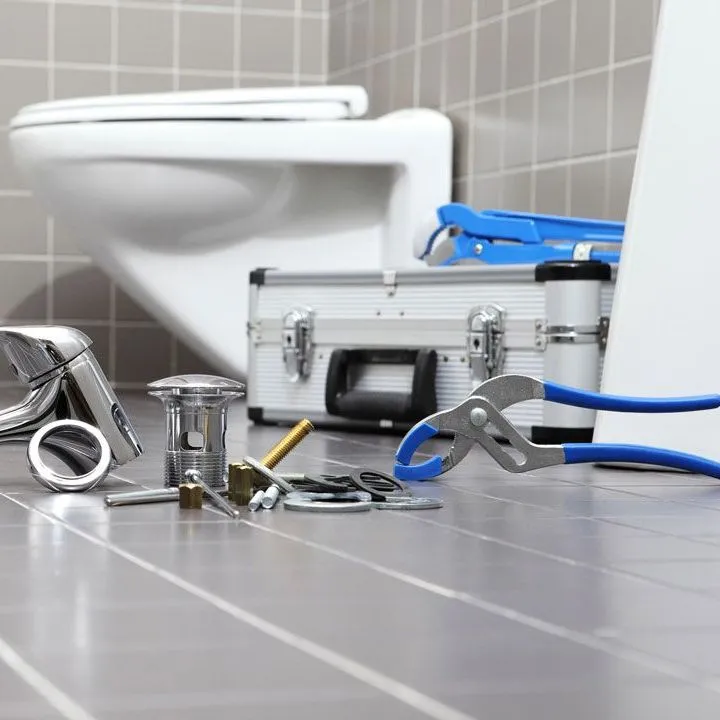As homeowners, many of us are conscientious about maintaining our properties and minimizing our environmental footprint. However, one common practice that often goes unnoticed is the flushing of feminine products down the toilet.
Despite their convenience, flushing these items can lead to severe consequences for both your home’s plumbing system and the environment. In this post, we’ll delve into the science behind why flushing feminine products is harmful, explore sustainable alternatives, and highlight the role homeowners can play in responsible waste management.
The Science Behind Why Flushing is HarmfulImpact on Plumbing
Flushing feminine products like tampons and pads can wreak havoc on your plumbing system. Unlike toilet paper, which is designed to break down quickly in water, feminine products are engineered to be absorbent and durable. This means they do not disintegrate easily, leading to potential blockages in your pipes. These clogs can cause significant plumbing issues, often requiring services from experts such as Rescue Rooter to resolve.
Environmental Consequences
When flushed, feminine products can travel through your home’s plumbing and enter the sewage system. Given their non-biodegradable nature, these items can persist in the environment for years. Moreover, they contribute to the growing problem of marine pollution, where they can harm aquatic life and disrupt ecosystems. In fact, sewage treatment plants are not equipped to filter out all these materials, further exacerbating the issue.
Alternatives to FlushingSustainable Disposal Methods
There are several environmentally friendly alternatives to flushing feminine products:
- Trash Bins: The simplest method is to wrap used products in toilet paper or their original packaging and dispose of them in a trash bin. Ensure the bin has a lid to manage odors and maintain hygiene.
- Compostable Bags: Consider using compostable bags for disposal. These bags break down more quickly in landfills, reducing the environmental impact.
- Reusable Products: Switching to reusable menstrual products like menstrual cups or cloth pads can significantly reduce waste. These options are not only environmentally friendly but also cost-effective in the long run.
The Role of Homeowners in Sustainable Waste ManagementEncouraging Responsible Behaviors
As homeowners, it’s crucial to foster responsible waste disposal habits within our households. Here are some steps you can take:
- Educate Family Members: Make sure everyone in your home understands the importance of not flushing feminine products. Place signs in bathrooms to remind guests and family members of proper disposal methods.
- Provide Adequate Facilities: Ensure that each bathroom is equipped with disposal bins and compostable bags if possible. This makes it easier for everyone to dispose of items correctly.
- Lead by Example: Demonstrate responsible behavior by using and promoting sustainable products and disposal methods. Your actions can inspire others to follow suit.
The way we handle waste plays a significant role in the health of our plumbing systems and the environment. By avoiding the flushing of feminine products and embracing sustainable disposal methods, we can mitigate damage and contribute to a healthier planet. As homeowners, we have the power to make a difference through responsible waste management practices.
We encourage you to share this information with others and adopt these practices in your own home. For more tips on maintaining your plumbing and contributing to environmental sustainability, feel free to reach out to professionals like Rescue Rooter, your local Hamilton plumbers for expert advice and services.
Let’s work together to keep our homes and our planet clean and efficient!





